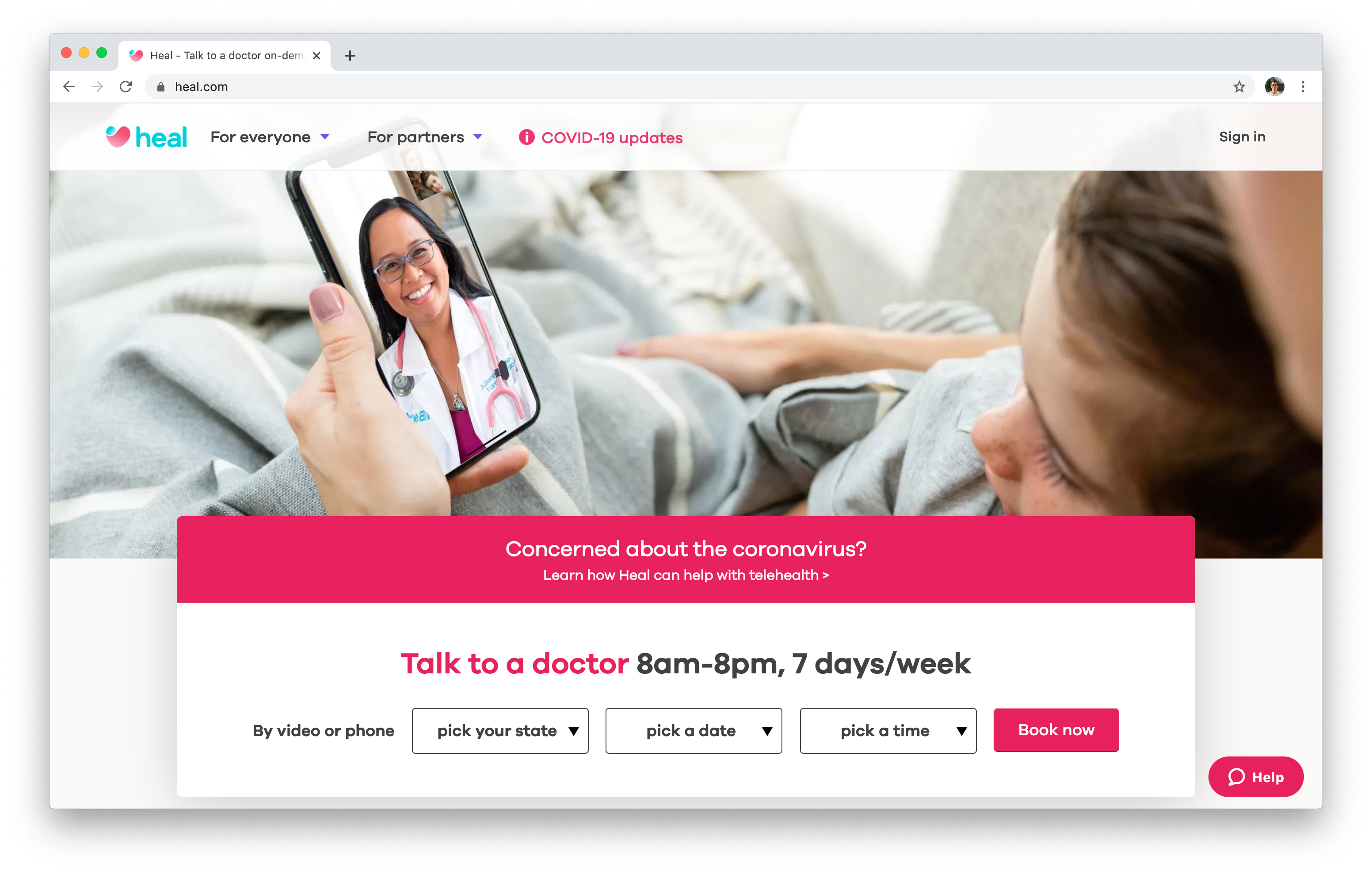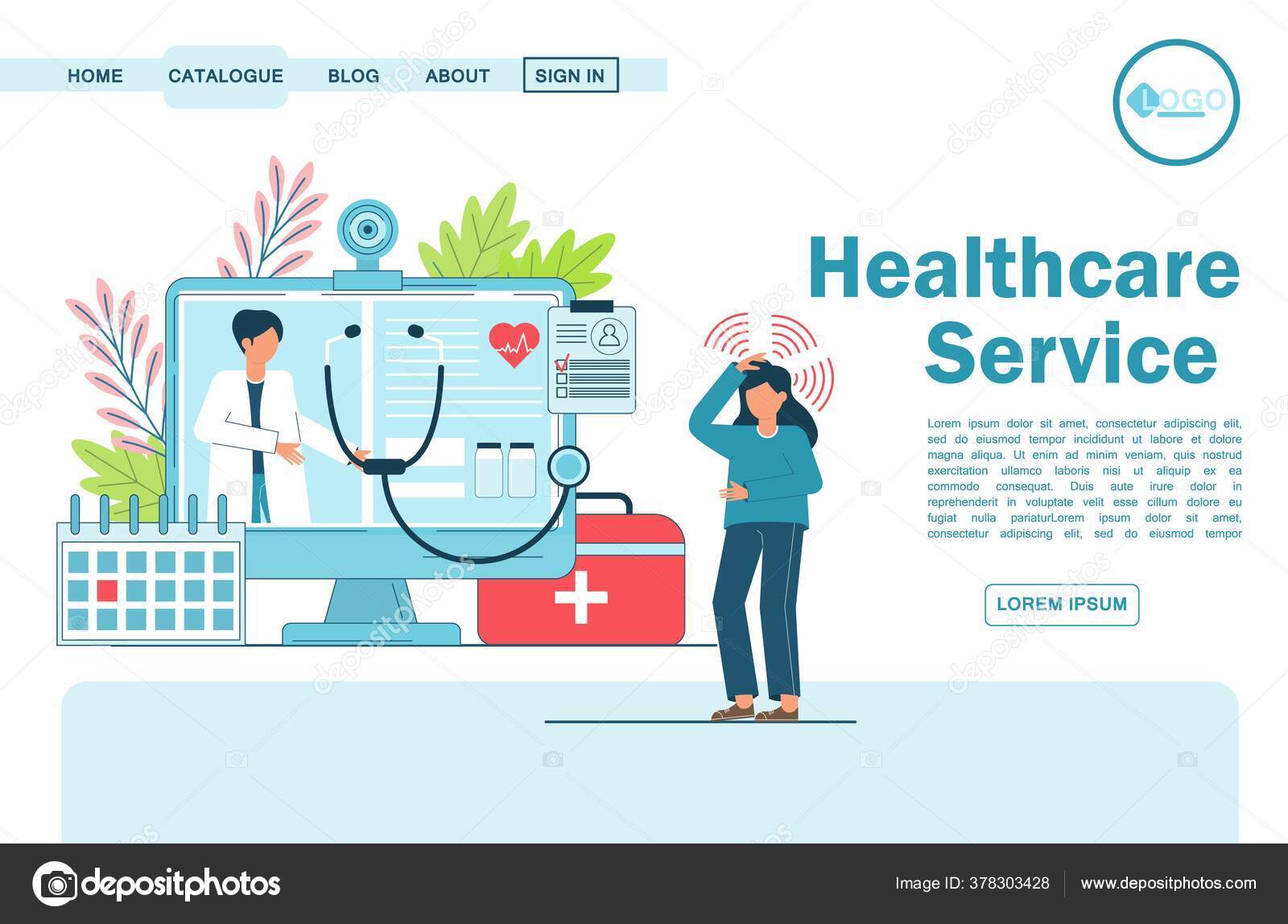The Future of Medication: Checking Out Subscription Based Healthcare Designs
The Future of Medication: Checking Out Subscription Based Healthcare Designs
Blog Article
Recognizing the Cost-Effectiveness of Subscription-Based Healthcare Models
As the medical care landscape develops, subscription-based designs arise as a compelling option, assuring to redefine how individuals handle clinical expenses. Assessing these versions' cost-effectiveness demands a nuanced comparison with conventional insurance policy, considering both financial ramifications and person satisfaction. While they provide transparency and predictability in expenses, inquiries continue to be about their ability to satisfy diverse health care demands, specifically for specialized therapies. The perspectives of doctor additionally complicate this formula, offering a complex obstacle. What does the future hold for these versions, and can they absolutely supply on their assurance of accessible, budget-friendly treatment?
Overview of Subscription-Based Designs
Subscription-based health care models, sometimes referred to as direct health care or concierge medicine, are progressively obtaining interest as a possible option to ineffectiveness within typical medical care systems. These models operate on the concept of offering individuals direct accessibility to healthcare suppliers through a month-to-month or yearly cost, bypassing the demand for conventional insurance policy systems. This arrangement aims to simplify patient-provider communications by minimizing management concerns, which commonly prevent timely and individualized care.
At the core of subscription-based versions is the focus on an extra customized person experience. Individuals profit from enhanced accessibility to their physicians, commonly including next-day or same-day consultations, prolonged assessment times, and straight communication channels such as phone or video phone calls. This version fosters an aggressive approach to healthcare, where providers and individuals can collaboratively concentrate on preventative treatment and chronic disease monitoring.

Expense Comparison With Standard Insurance

One of the primary economic benefits of membership models is openness in prices. Clients pay a foreseeable fee, which can streamline budgeting and economic preparation. In addition, these versions normally get rid of co-pays and deductibles for covered solutions, decreasing out-of-pocket investing. On the other hand, conventional insurance policy might be extra advantageous for people calling for specialized care or pricey therapies not covered under a subscription version, as they gain from the more comprehensive protection network and cost-sharing devices.
However, cost-effectiveness is context-dependent. While subscription designs may use savings for those primarily needing health care, people with chronic conditions or specialized healthcare requirements could locate standard insurance policy extra thorough. Assessing certain healthcare requirements and prospective use is essential in figuring out the most economical option for individuals.
Effect On Patient Contentment
Client complete satisfaction within subscription-based healthcare designs frequently shows a considerable improvement over traditional insurance systems. This enhancement is largely associated to the individualized care and availability these versions offer. Patients frequently report greater satisfaction as a result of decreased delay times and the simplicity of organizing appointments. Unlike conventional systems, where individuals may experience delays in obtaining care, subscription-based designs guarantee more prompt and straight interactions with healthcare carriers.
Furthermore, the openness in prices related to subscription-based medical care reduces the common stress associated with unexpected fees and intricate payment procedures seen in standard insurance (subscription based healthcare). Patients value knowing the specific monetary commitment upfront, bring about enhanced depend on and self-confidence in their medical care administration
In addition, the emphasis on preventative treatment and health in registration designs contributes to boosted health outcomes, better boosting client satisfaction. By concentrating on recurring health upkeep as opposed to episodic treatment, clients experience a more all natural and constant medical care journey.
Moreover, the boosted provider-patient relationship fostered in these designs, identified by even more time spent per person and individualized interest, plays an essential duty in elevating patient complete satisfaction degrees, as patients really feel truly taken care of and understood.
Provider Experiences and viewpoints
From the supplier's point of view, subscription-based health care designs provide a transformative method to supplying clinical services. These designs highlight a positive and preventative healthcare method, enabling service providers to concentrate on extensive person treatment without the restrictions of traditional fee-for-service arrangements (subscription based healthcare). This change in focus frequently results in boosted person end results and increased copyright complete satisfaction, as medical care experts can allot more time and sources to client engagement and individualized care strategies
Additionally, subscription designs help with predictable earnings streams, which boost economic stability for medical care service providers. This predictability permits improved resource planning and appropriation, contributing to an extra efficient health care delivery system. Suppliers can buy staff framework, training, and technology renovations, thus enhancing the high quality of care used.
Nonetheless, the shift to subscription-based versions is not without challenges. Service providers need to adjust to brand-new functional structures, which can include substantial adjustments in invoicing techniques and individual monitoring systems. Additionally, there is an integral need for durable information monitoring to track individual end results and make certain top quality care. In spite of these hurdles, several service providers locate that the advantages of raised individual interaction and structured official website operations outweigh the first obstacles, making subscription-based designs an attractive option.
Future Potential Customers and Challenges

A primary challenge is governing compliance, as subscription versions need to abide by advancing medical care policies and insurance needs. This necessitates continual adjustment and development to make certain positioning with legal criteria. Furthermore, incorporating these designs into existing health care infrastructures can be intricate, needing substantial investments in modern technology and training.
There is likewise the potential danger of creating inequities in Click This Link medical care gain access to, as registration designs could favor those that can afford them, leaving prone populations underserved. Addressing this calls for thoughtful consideration of prices strategies and subsidy devices to guarantee inclusivity.
Verdict
Subscription-based healthcare designs offer a practical choice to traditional insurance coverage by supplying financial predictability and openness, specifically benefiting individuals with persistent problems or frequent health care requirements. The cost-effectiveness of these versions is contingent upon private health care use patterns and circumstances. While they may improve person complete satisfaction and enhance budgeting, obstacles continue to be in addressing specialized care requirements. Future factors to consider include stabilizing thorough coverage with affordability and integrating these designs within the wider medical care system for optimum end results.
Subscription-based medical care versions, sometimes referred to as straight key treatment or attendant medicine, are progressively acquiring attention as a potential remedy to inadequacies within typical medical care systems. Unlike typical systems, where people may experience delays in receiving treatment, subscription-based designs guarantee more timely and direct communications with health care companies.
These models emphasize a aggressive and preventative healthcare approach, permitting companies to focus on thorough individual site here care without the restraints of standard fee-for-service arrangements. As these versions continue to obtain grip, they offer the possible to transform patient accessibility to care, streamline solution distribution, and optimize health care spending.Subscription-based health care models provide a viable choice to conventional insurance policy by providing monetary predictability and transparency, specifically benefiting people with persistent conditions or constant healthcare requirements.
Report this page